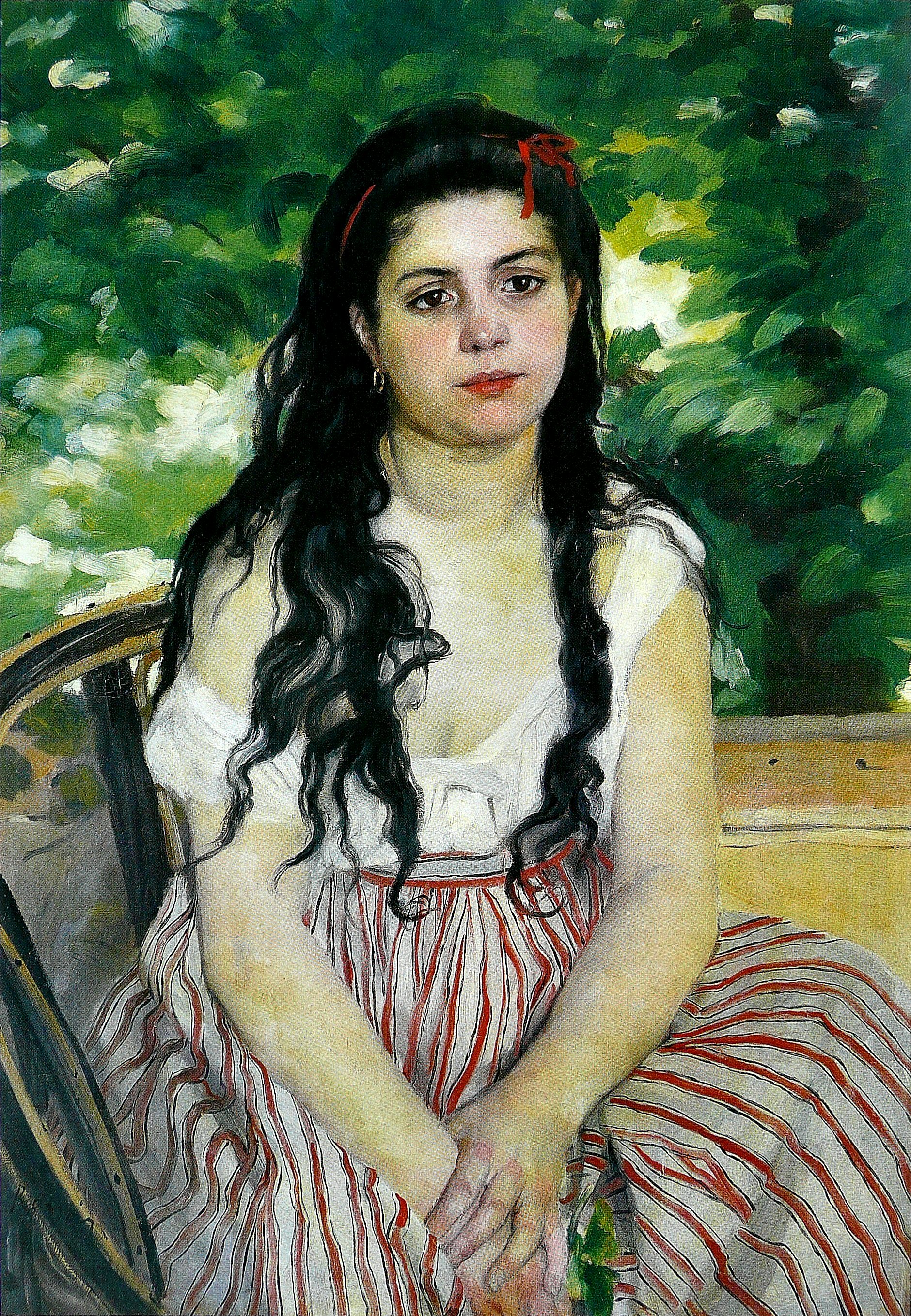ARTY (AHR-tee)
Showily
or affectedly artistic
Common
clues:
Bohemian; Pretentious; Chichi; Dilettantish; Culturally showy;
Pseudosophisticated;
Too-too
Crossword
puzzle frequency:
5 times a year
Frequency
in English language:
23127 / 86800
Video: Pretentious
Glasses
Bohemianism is the practice of an unconventional lifestyle, often in the company of like-minded people, with few permanent ties, involving musical, artistic, or literary pursuits. In this context, Bohemians may be wanderers, adventurers, or vagabonds.
This use of the word bohemian first appeared in the English language in the nineteenth century to describe the non-traditional lifestyles of marginalized and impoverished artists, writers, journalists, musicians, and actors in major European cities. Bohemians were associated with unorthodox or anti-establishment political or social viewpoints, which often were expressed through free love, frugality, and—in some cases—voluntary poverty. A more economically privileged, even aristocratic or wealthy, bohemian circle is sometimes referred to as haute bohème ("high bohemians").
The term Bohemianism emerged in France in the early nineteenth century when artists and creators began to concentrate in the lower-rent, lower class, Romani neighborhoods. Bohémien was a common term for the Romani people of France, who were mistakenly thought to have reached France in the 15th century via Bohemia, at that time the only protestant and therefore heretic country among Western Christians.

Pierre-Auguste Renoir, The Bohemian
The term has become associated with various artistic or academic communities and is used as a generalized adjective describing such people, environs, or situations: bohemian (boho—informal) is defined in The American College Dictionary as "a person with artistic or intellectual tendencies, who lives and acts with no regard for conventional rules of behavior."
Many prominent European and American figures of the nineteenth and twentieth centuries belonged to the bohemian subculture, and any comprehensive "list of bohemians" would be tediously long. Bohemianism has been approved of by some bourgeois writers such as Honoré de Balzac, but most conservative cultural critics do not condone bohemian lifestyles.
Laren Stover, the author of The Bombshell Manual of Style, breaks down the Bohemian into five distinct mind-sets or styles in Bohemian Manifesto: a Field Guide to Living on the Edge. The Bohemian is "not easily classified like species of birds," writes Stover, noting that there are crossovers and hybrids. The five types devised by Stover are:
Nouveau: bohemians with money who attempt to join traditional bohemianism with contemporary culture
Gypsy: the expatriate types, they create their own Gypsy ideal of nirvana wherever they go
Beat: also drifters, but non-materialist and art-focused
Zen: "post-beat," focus on spirituality rather than art
Dandy: no money, but try to appear as if they have it by buying and displaying expensive or rare items – such as brands of alcohol
Maxwell Bodenheim, an American poet and novelist, was known as the King of Greenwich Village Bohemians during the 1920s and his writing brought him international fame during the Jazz Age.
In the twentieth century United States, the bohemian impulse was famously seen in the 1940s hipsters, the 1950s Beat generation (exemplified by writers such as William S. Burroughs, Allen Ginsberg, Jack Kerouac, and Lawrence Ferlinghetti), the much more widespread 1960s counterculture, and 1960s and 1970s hippies.
Rainbow Gatherings may be seen as another contemporary worldwide expression of the bohemian impulse. An American example is Burning Man, an annual participatory arts festival held in the Nevada desert.
In 2001, political and cultural commentator David Brooks contended that much of the cultural ethos of well-to-do middle-class Americans is Bohemian-derived, coining the paradoxical term "Bourgeois Bohemians" or "Bobos".
This article is licensed under the GNU Free Documentation License. It uses material from the Wikipedia article "Bohemianism.”
|
|